Coastal tourism in the East of Dak Lak province is in its peak season. Taking advantage of this, scammers have used fake fanpages and websites of homestays and reputable hotels in the area to steal tourists' deposits when registering online for room reservations.
Wishing to have a memorable summer vacation with her family by the beach, Ms. Pham Thi Huyen Thoai (Binh Kien ward, Dak Lak province) chose a homestay located near the beach in O Loan commune (Dak Lak province) to book a room.
Ms. Thoai said that because she had stayed at this homestay before, she felt secure going to the facility's Facebook page to get advice on booking rooms and using services.
After transferring the amount of 1.35 million VND for the booking as instructed, the owner of this Facebook page continued to ask her to transfer the money many times because the system had not received it yet. Ms. Thoai became suspicious and checked and discovered that this was a fake Facebook page impersonating the homestay she needed to book a room.
In recent days, many tourists in Dak Lak have been scammed by people impersonating fanpages and websites of homestays and hotels.
These subjects copy all information, content, images, videos on the official Facebook pages and websites of homestays and hotels to post articles with the same content as the official pages. From there, they attract a large number of tourists to follow and interact.
Many people cannot distinguish between fake or official Facebook pages and websites of homestays and hotels, so they have become victims of scammers.
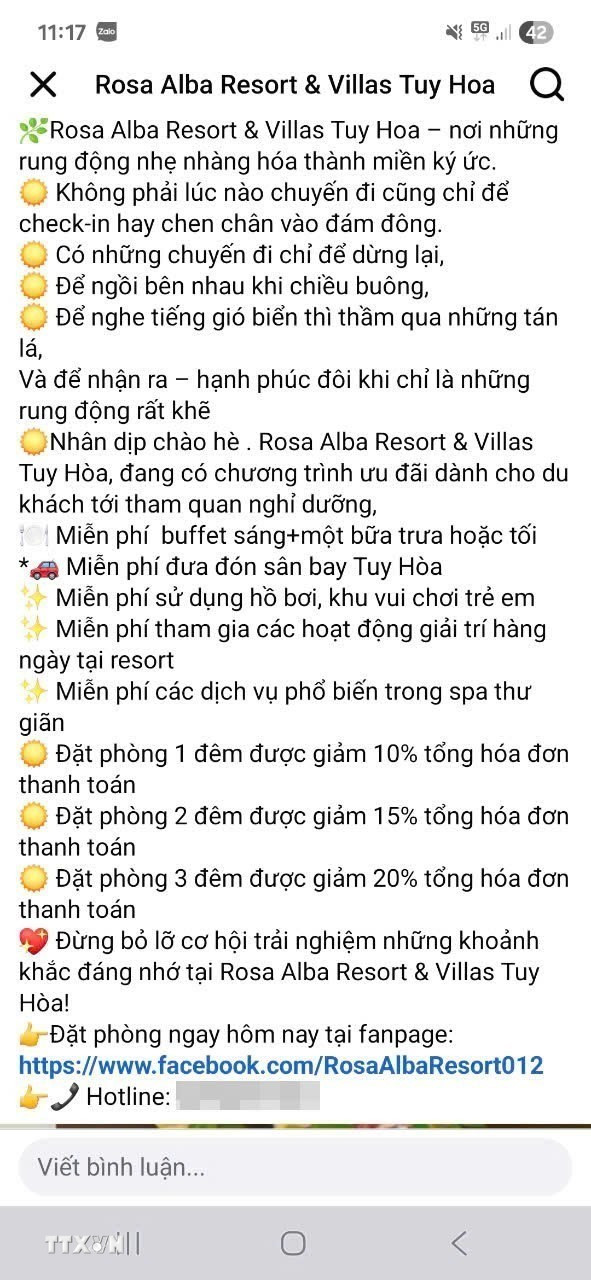
Mr. Nguyen Minh Phung, representative of the homestay Nắng House-Cù Lao Mái Nhà (Ô Loan commune, Đắk Lắk province) said that in recent days, this accommodation facility has continuously received complaints from tourists about people impersonating the homestay's Facebook page to scam and appropriate room rental deposits.
Many tourists are scammed online, only to find out when they check in. In addition, homestays are also being scammed by people using fake accounts to disrupt information on the official website, seriously affecting the reputation of the homestay.
The 5-star Sala Grand Tuy Hoa Hotel (Tuy Hoa Ward, Dak Lak Province) is quite famous and attracts tourists to stay. Therefore, there are currently many fake fanpages of this hotel brand. Many tourists have become victims of scammers when booking rooms online to stay at the hotel.
Fake hotel fanpages often do not have an official hotline number, do not use a landline number, but only conduct transactions via personal mobile phone numbers. Tourists who do not carefully check the information before booking a room will easily fall into the sophisticated scam traps of these subjects.
Sala Grand Tuy Hoa Hotel Management Director Trinh Quang Bao shared that many fan pages impersonating the hotel are so sophisticated that they even buy blue ticks to gain trust from tourists.
These sites often launch promotional programs with prices lower than the actual price to attract customers to transfer deposits. The easy-to-recognize point is that the main site always has a clear warning about fraud, and only operates in Vietnam.
Meanwhile, fake sites often have no warnings and operate in multiple countries. This is a key sign for users to be vigilant and avoid falling into traps.
Posing as a tourist renting a room at a coastal hotel in Dak Lak, the reporter easily found a fake Facebook page of the Rosa Alba Resort & Villas Tuy Hoa hotel (Tuy Hoa ward).
This Facebook page has no blue tick, no landline number with local area code, only a personal mobile phone number. Calling the phone number on the Facebook page, the reporter was informed by the “staff” of the hotel’s discount program, then asked to provide information and transfer a deposit of 70% of the room price by bank transfer.
A representative of Rosa Alba Resort & Villas Tuy Hoa said that there are currently many fake Facebook pages of the hotel to trick customers into booking rooms. Tourists should carefully check information on social networks before booking a room.
It is currently the peak season for beach tourism, so the demand for booking rooms and finding accommodation is very high. Fraudsters continue to take advantage of tourists' lack of caution when booking rooms to steal deposits.
Faced with the above situation, the Department of Cyber Security and High-Tech Crime Prevention (Dak Lak Provincial Police) has stepped up propaganda to warn people about the fraudulent tricks of these subjects.
According to Dak Lak Provincial Police, the scammers' trick is to create fake fanpages with eye-catching images and preferential prices. After customers contact them, they ask them to transfer the deposit immediately to their personal accounts.
Upon receiving the money, they report "incorrect syntax" and ask for an OTP code or to transfer more money to "complete the transaction."
Also according to Dak Lak Provincial Police, to avoid fraud, people need to: check the date the fanpage was created, the number of real and fake interactions; find reviews from old customers on reputable review sites; call the homestay or hotel directly via the official phone number (find on the official website); do not transfer deposits via personal accounts; only pay via reputable platforms or corporate accounts (with business verification).
In addition, tourists need to be wary of offers that are too good, such as room rates that are unusually cheap compared to the market; especially, do not share OTP codes, credit card information, or personal bank cards./.
Source: https://www.vietnamplus.vn/dak-lak-canh-bao-tinh-trang-gia-mao-co-so-luu-tru-du-lich-de-lua-dao-post1049575.vnp





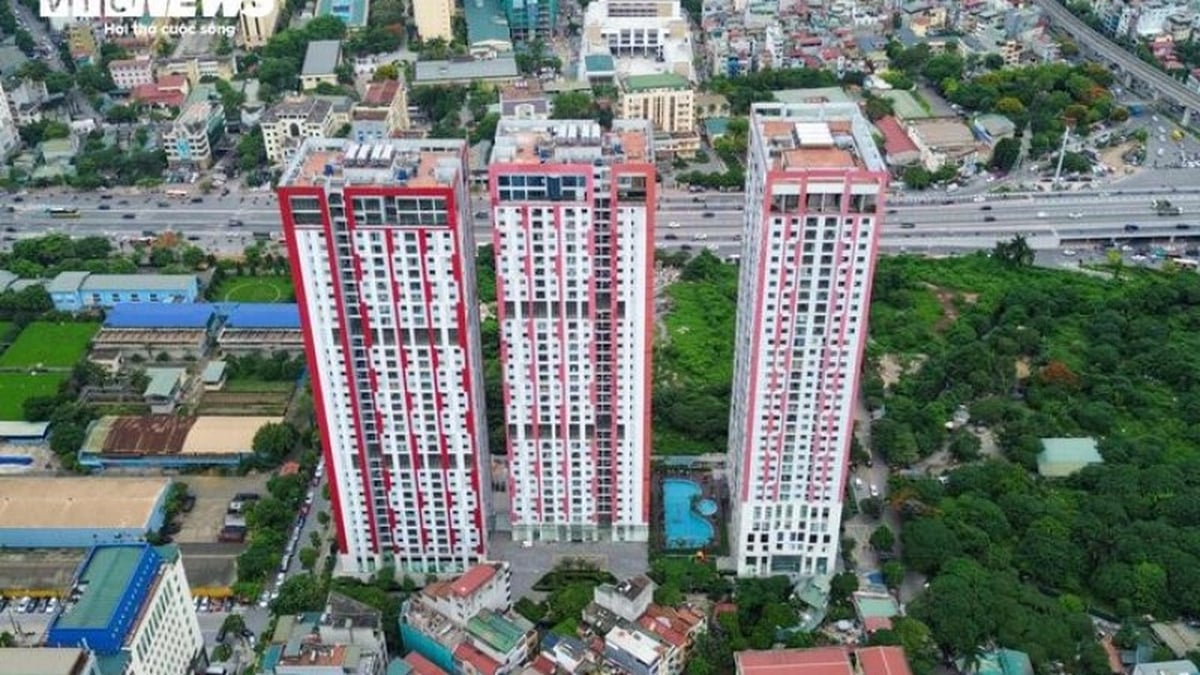
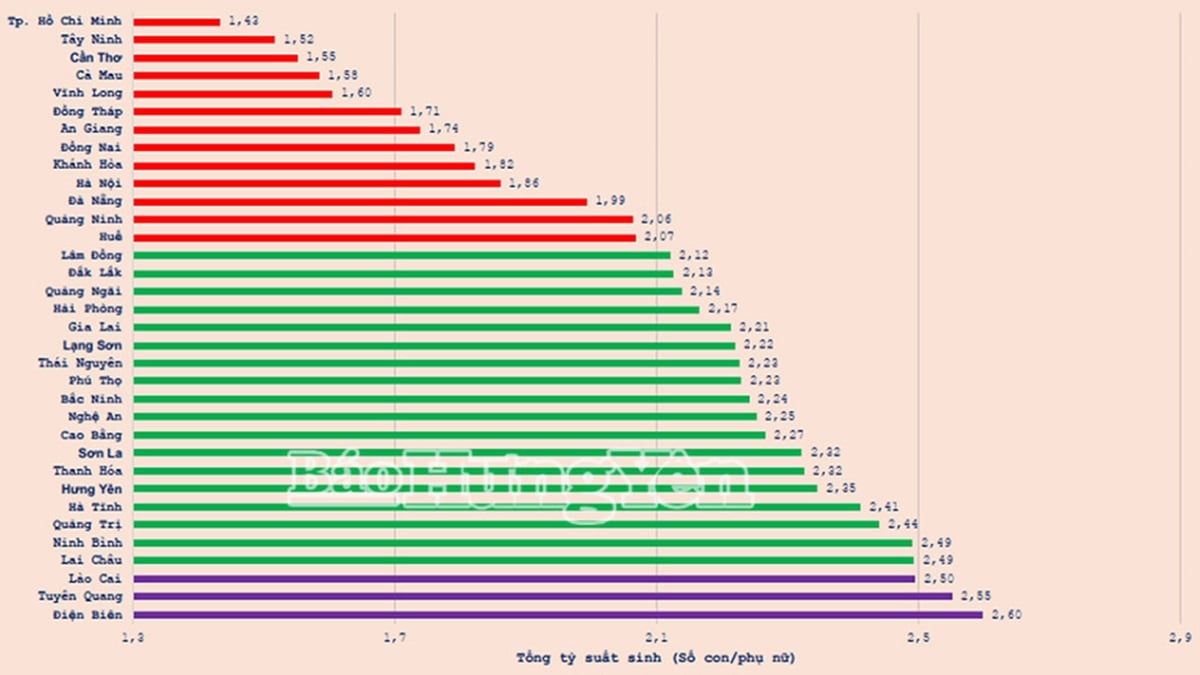

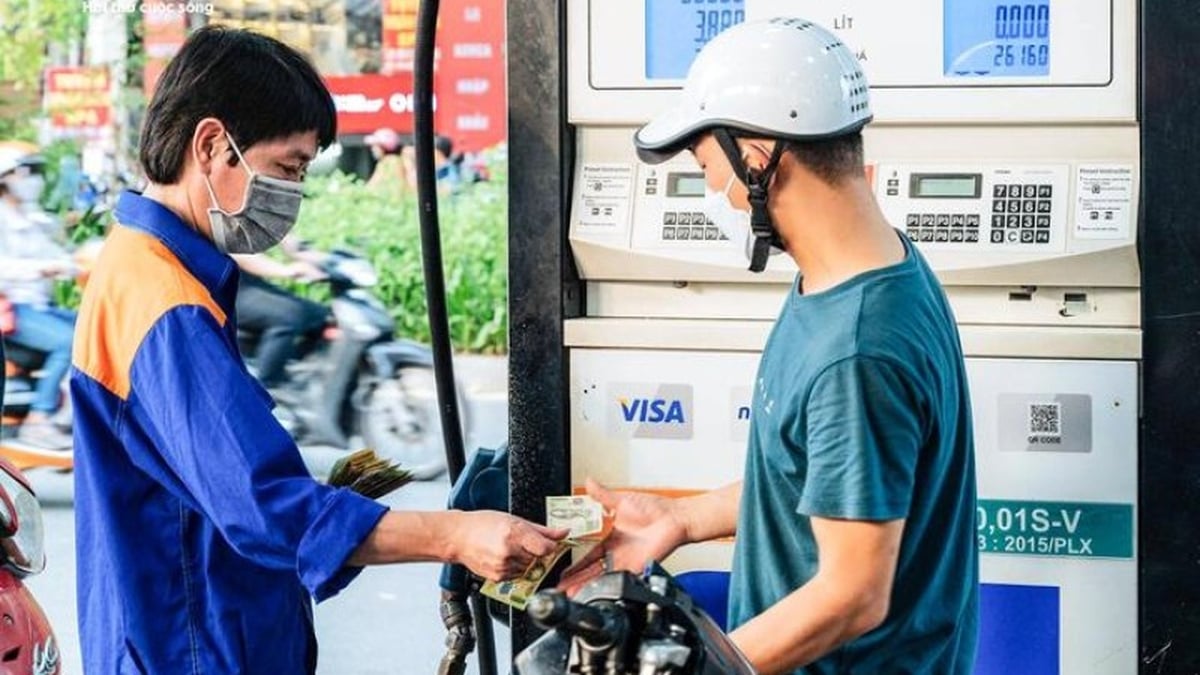
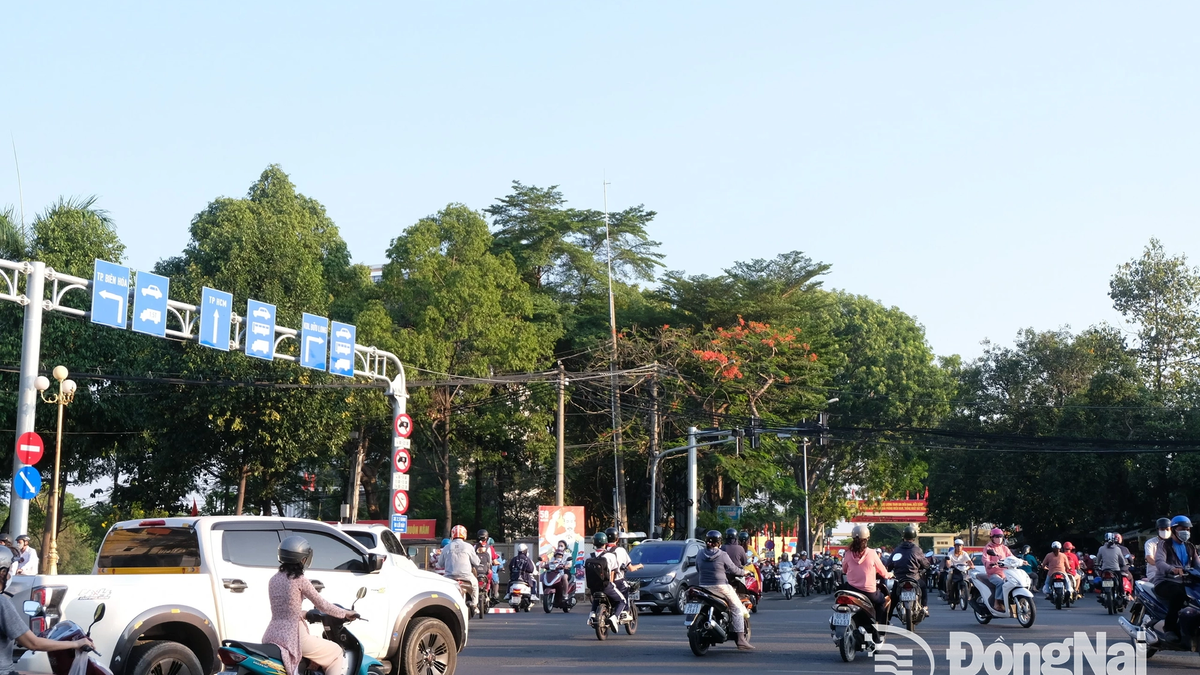

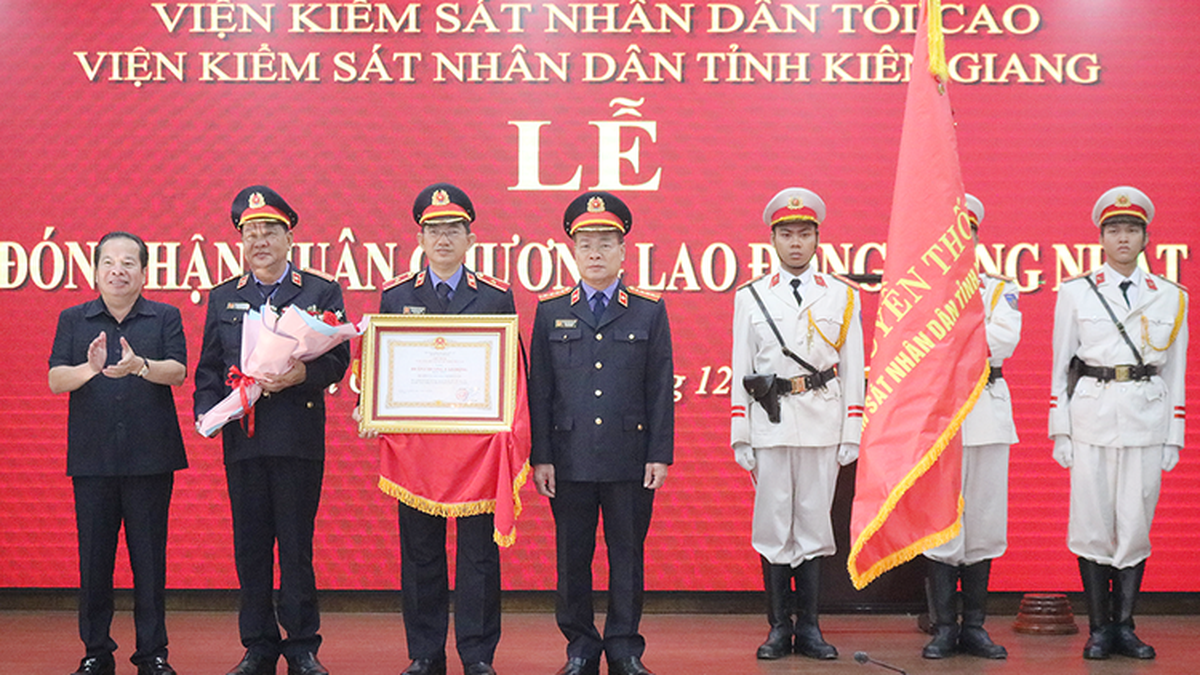





































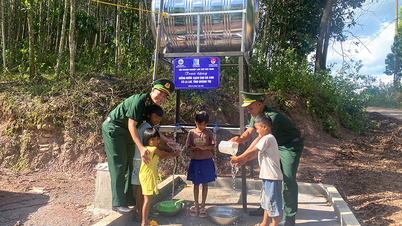







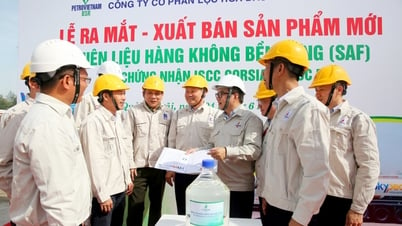




![[Maritime News] More than 80% of global container shipping capacity is in the hands of MSC and major shipping alliances](https://vphoto.vietnam.vn/thumb/402x226/vietnam/resource/IMAGE/2025/7/16/6b4d586c984b4cbf8c5680352b9eaeb0)





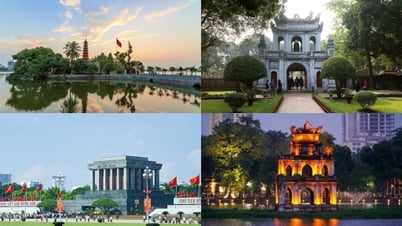



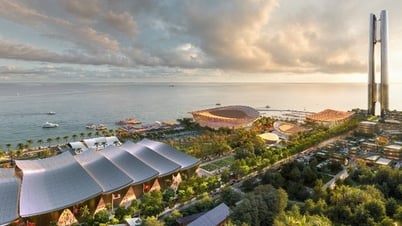
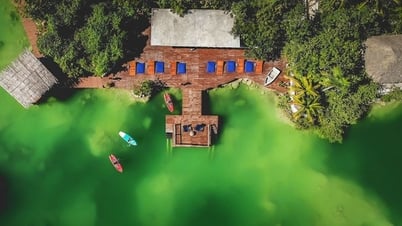
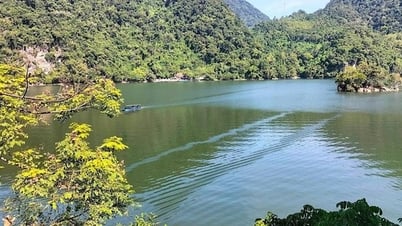

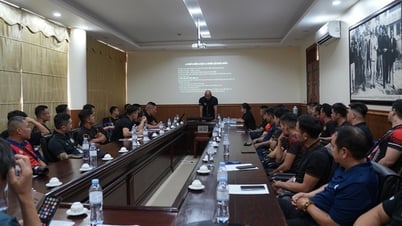























Comment (0)